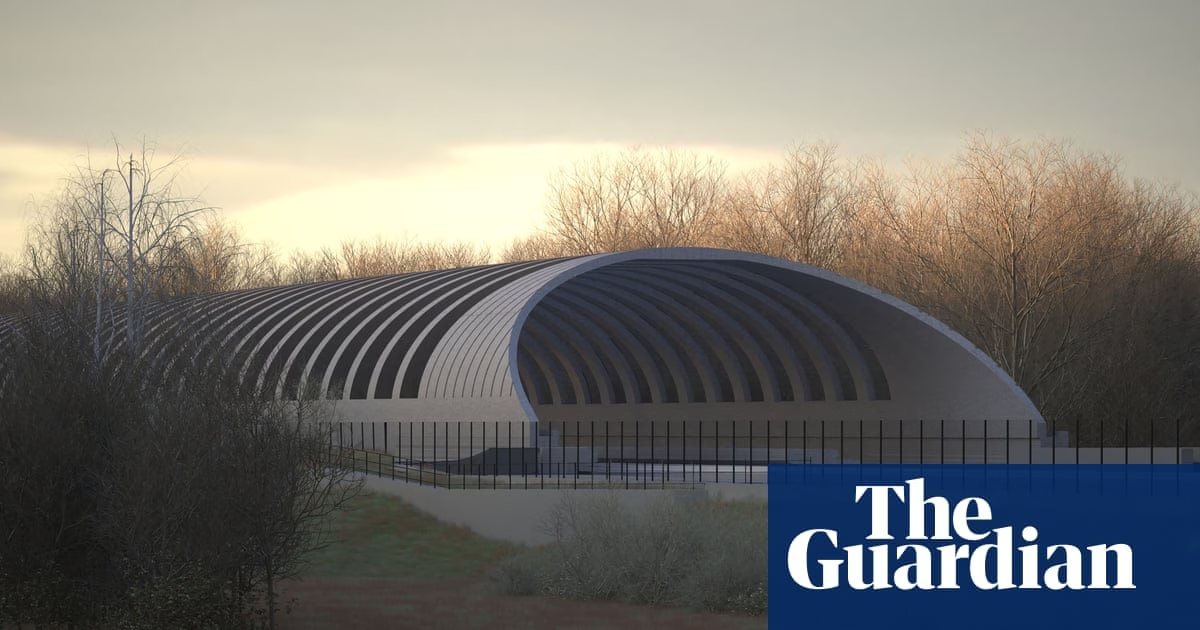Wildlife groups have expressed concerns after ministers announced plans to radically streamline UK environmental regulation in order to boost economic growth, accelerate new housing development, and advance major projects such as airports. Officials claim that these plans will ultimately enhance nature conservation, however, the removal of specific protections, like the £100m bat shelter on the HS2 line, could potentially dilute individual safeguards.
The new regulatory framework is grounded in a report commissioned last autumn by Environment Secretary Steve Reed. The report, led by Dan Corry, a former advisor to Number 10 under Gordon Brown, includes 29 recommendations, nine of which will be immediately implemented. The most significant recommendation suggests that major projects should only need to engage with a single “lead regulator,” which would be responsible for quick and efficient environmental decision-making. This regulator would not be a new entity but rather an existing quango developers are familiar with, such as the Environment Agency, Natural England, or the Forestry Commission.
Some of the other recommendations include the simplification of environmental permits and guidance to facilitate “sensible and risk-based” decisions, a unified digital portal for permissions, and the establishment of an “infrastructure board” within the Department for Environment, Food and Rural Affairs (Defra) to help projects overcome hurdles.
While Reed has stated that the intention is to “boosteconomic growth and unleash an era of building, while also supporting nature to recover,” some nature organizations are worried that the focus on economic growth might overshadow environmental protection. Critics like Joan Edwards, head of policy at the Wildlife Trusts, argue that streamlining red tape alone won’t solve the problem, as it didn’t work for previous governments. They call for housebuilding that supports healthy communities and sustainable growth, rather than prioritizing short-term economic gains. Beccy Speight, the CEO of the RSPB, expressed support for changes that aid natural recovery but emphasized that any alterations must prioritize nature and protect areas from damaging developments.
Stakeholders such as the Bat Conservation Trust’s Kit Stoner urge evidence-based approaches to avoid shortcuts that could expedite environmental and economic decline. The review aims to reform the current regulatory “merry-go-round,” replacing it with a streamlined, outcome-based approach that focuses less on process and more on achieving results. The plan also asserts that too rigid an approach to environmental protection, while necessary for safeguarding nature, should not stifle innovation, development, and growth.
Reed has defended the new approach by saying that nature and the economy have both been in decline for too long and that these changes will turn that trend around. Defra and its arm-length bodies are being “rewired” to achieve this goal, supporting both economic growth and the recovery of nature. While there is no plan to revise or cancel broader habitat regulation, there is an acknowledgment that certain protections may be less stringent, which could affect particular projects like the bat tunnel, decided as per the principle of proportionality.
Source: https://www.theguardian.com/environment/2025/apr/02/wildlife-groups-express-alarm-plan-streamline-uk-environmental-rules







